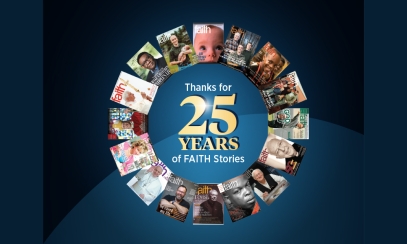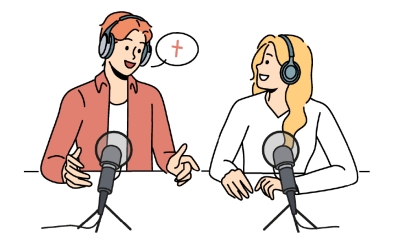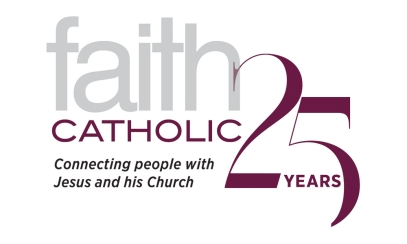What seems to be ours
Is truly God’s and what is God’s is meant to be shared for all
Is truly God’s and what is God’s is meant to be shared for all
{ You shall not steal. } Deut. 5:19
My grandpa Leo, my dad’s father, lived most of his life in what is now the tough part of the city of Saginaw. The neighborhood wasn’t always that way, though. I remember seeing photos of how it was when my dad was a child. It was the picture of middle America, with neatly mown lawns and well-tended hedges. Front porches were tidy and flower gardens adorned the side lawns. Grandpa’s house was no exception.
Things began to change dramatically sometime during the late 1960s and early 1970s. Saginaw went through what so many other cities did during those years, as suburbs expanded, small businesses moved away, and older neighborhoods began a steady decline, becoming mere shadows of their former selves. Suddenly, there were fewer and fewer well-kept homes. Gardens began to disappear, and the hedges were replaced with security fences and bars over windows.
But not Grandpa’s little white house on the corner. Each year, he tended his gardens from early spring until well into the fall. The explosion of vivid color began with the tulips in April and continued with vegetables of all kinds through September and October. The shrubs got their annual pruning, as did any of the flowering trees that needed a little cleaning up. We used to marvel at the lawn, which never looked as though it had been mowed, but rather as though it had just been trimmed with a comb and scissors. The walks were swept and both they and the driveway were always neatly edged.
Grandpa’s care extended beyond the grounds to include the tools used to care for them. There was a place for everything and everything was in its place, so to speak. Hand tools were neatly hung up and the power tools looked as though they had been washed and waxed. Grandpa was a good steward of his God-given talents, time and resources. He used his stewardship to transform what could have been just another dreary corner into an oasis of simple beauty.
The seventh commandment, which forms our focus for this month, is not just about refraining from taking what does not belong to us. It is also about being good stewards (care-takers) of what we have been given by God, in whatever form that takes. Using the work of our hands and the wisdom of our minds, we, like Habitat for Humanity, can work together to provide decent, affordable housing for families like that of Scott and Nora Pentecost. Habitat even uses its stewardship skills to teach others how to responsibly care for their homes, passing on the gift of good stewardship.
Stewardship also extends to the land. Frank and Dolores Debacker are part of an endangered species in the United States – the small, family-owned farm. Their devotion to this disappearing way of life and the profound respect for the land that it engenders is a powerful reminder that the land, like any finite resource, must be used responsibly for the greatest common good.
Responsible stewardship also extends to our God-given talents. Like Dr. Nino Rodriguez or Sr. Marlene Taylor, we too can make use of our talents, in whatever form they take, to effect positive change in the lives of others, empowering the powerless, lifting up those who are bowed down, feeding the hungry, sheltering the homeless and being the eyes, ears, hands and feet for Jesus who still walks among His people.
The seventh commandment reminds us that what seems to be ours is truly God’s, and what is God’s is meant to be shared for the good of all. And so our journey in FAITH continues.



